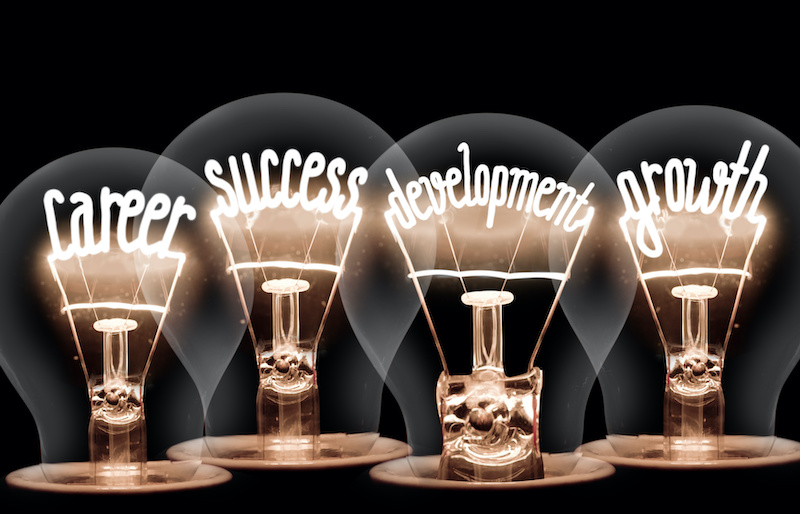What Does Work-Life Balance Mean?
Work-life balance refers to the equilibrium between professional responsibilities and personal life, ensuring that individuals have sufficient time and energy for work, family, hobbies, and rest. Achieving work-life balance involves managing work commitments while prioritizing personal well-being and relationships.
A healthy work-life balance means that employees can meet their job demands without sacrificing their personal needs and vice versa. It encompasses flexible working hours, remote work opportunities, and supportive workplace policies that acknowledge the importance of personal time.
Why Is Having a Work-Life Balance Important to Employees?
Work-life balance is crucial for employees’ well-being and overall effectiveness. Here’s why:
- Reduces Stress and Burnout: Stress builds when work bleeds into personal time. A healthy balance allows for relaxation and rejuvenation, preventing burnout and leading to happier, healthier employees.
- Boosts Productivity and Engagement: Well-rested and recharged employees bring more focus and energy to their work. This translates to increased productivity, better decision-making, and a more engaged workforce.
- Improves Physical and Mental Health: Chronic stress from work imbalance can lead to physical problems and mental health issues. Balance allows for healthy habits like exercise and proper sleep, promoting overall well-being.
- Increases Job Satisfaction and Retention: Employees who feel their personal lives are respected are more satisfied with their jobs. This reduces turnover and allows companies to retain valuable talent.
- Enhances Creativity and Problem-Solving: Disconnecting from work allows fresh perspectives and mental breaks. This can spark creativity and lead to better solutions when employees return to their tasks.
What Is a Good Work-Life Balance Example?
Imagine Eve, a marketing manager at a tech company. Sarah values her career and takes pride in her work. She typically works 8 hours a day, focusing on her tasks efficiently to avoid burnout. She leaves work at a reasonable hour and avoids checking work emails outside of work hours.
Eve also prioritizes her personal life. She enjoys spending evenings cooking healthy meals, jogging, and attending yoga classes. On weekends, she socializes with friends and family, pursue hobbies like painting, or take weekend getaways to explore new places.
This balance allows Sarah to excel at work. She’s well-rested, focused, and brings fresh ideas to the table. She’s also happy and fulfilled outside of work, which reduces stress and boosts her overall well-being. This creates a positive cycle where work and personal life support each other.




